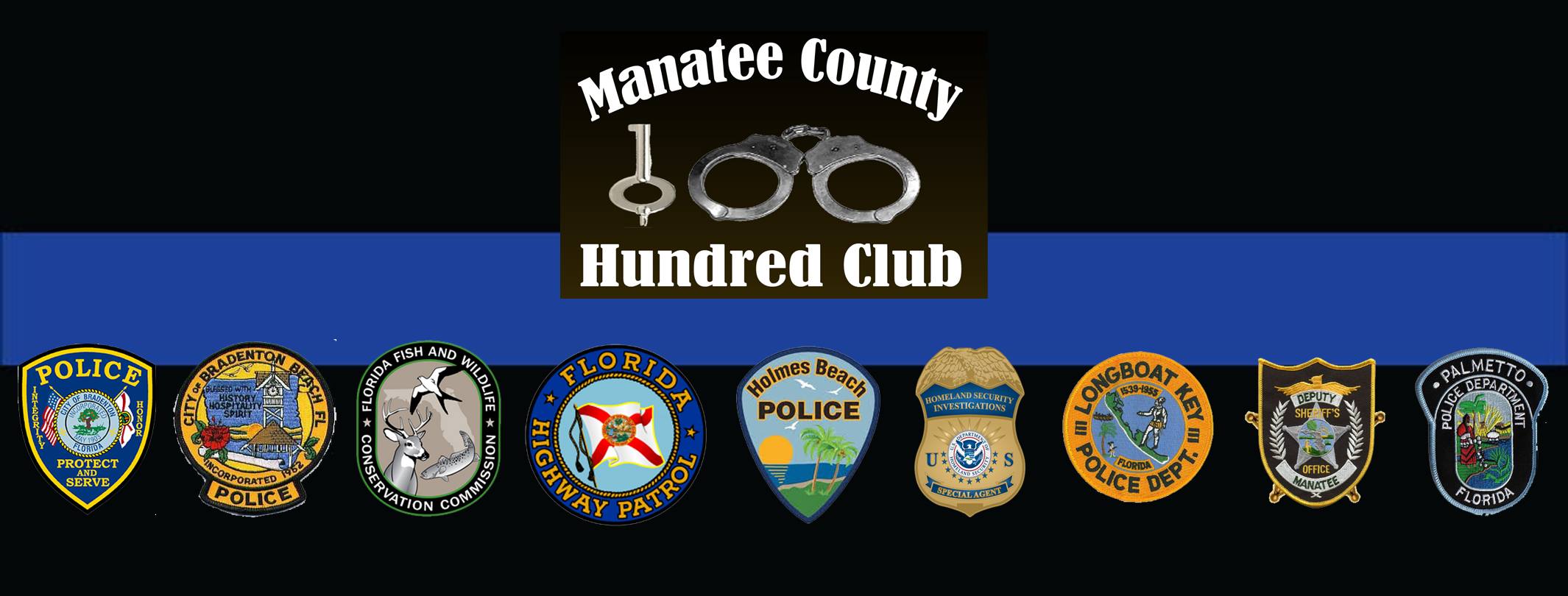A prevalent misconception in discussions about law enforcement is the belief that all police actions are driven by bias. While it is undeniable that biases can exist within any profession, including law enforcement, it is crucial to understand that police actions are influenced by a complex interplay of factors, including training, protocols, and situational contexts. In this blog post, we’ll explore the nuances of police actions, address the misconception that all actions are biased, and highlight the efforts made by law enforcement agencies to address and mitigate biases.
- The Complexity of Law Enforcement Decision-Making:
Police actions are influenced by a range of factors beyond bias. Law enforcement officers are trained to follow specific protocols and procedures designed to ensure that their actions are consistent, lawful, and in line with departmental policies. Additionally, officers make decisions based on the situational context of each incident, including the behavior of those involved, the nature of the event, and the information available at the time. Their actions are guided by the need to assess and respond appropriately to each unique scenario. Furthermore, officers operate within a framework of legal standards that govern their conduct, which includes respecting constitutional rights, adhering to laws related to the use of force, and following rules for evidence collection and investigation.
- Recognizing and Addressing Bias:
While the goal is to minimize bias, acknowledging its existence is a crucial step toward improvement. Many law enforcement agencies have implemented training programs focused on recognizing and addressing implicit biases. These programs are designed to raise awareness, promote fair treatment, and enhance decision-making skills. Additionally, agencies strive to foster diversity and inclusion within their ranks, recognizing that a diverse workforce can bring varied perspectives and experiences, contributing to a more equitable approach to policing. Law enforcement agencies are also increasingly adopting policies aimed at addressing bias and promoting fairness. These policies typically include guidelines for equitable treatment, oversight mechanisms, and accountability measures.
- The Role of Oversight and Accountability:
Oversight and accountability mechanisms are essential for ensuring that police actions are fair and unbiased. Many law enforcement agencies have internal affairs divisions dedicated to investigating complaints and allegations of misconduct. These units play a crucial role in maintaining accountability and addressing issues of bias or unfair practices. Additionally, some communities have civilian review boards that offer an external perspective on police actions, reviewing complaints, conducting investigations, and providing recommendations for improvements. The use of body-worn cameras by officers also contributes to transparency and accountability, as footage from these cameras can be reviewed to assess the appropriateness of police actions and ensure adherence to protocols.
- The Importance of Transparency:
Transparency in law enforcement practices is crucial for building trust and confidence within the community. Agencies often release public reports detailing police activities, including use of force incidents and statistical data, which provide insight into law enforcement practices and help address concerns about bias and fairness. Engaging with the community through forums, town hall meetings, and outreach programs fosters open dialogue, allowing residents to voice their concerns and offer feedback. Additionally, clearly communicating departmental policies and procedures helps the public understand the guidelines that govern police actions and reinforces the commitment to fairness and accountability.
- The Impact of Effective Policing Practices:
Effective policing practices are essential for ensuring fair and unbiased law enforcement. Many agencies employ problem-solving strategies that address the root causes of crime and enhance community safety, emphasizing collaboration with residents and community organizations. Training in de-escalation techniques equips officers to manage tense situations without resorting to unnecessary force, aiming to resolve conflicts peacefully and respectfully. Additionally, building partnerships with community organizations and leaders fosters a collaborative approach to policing, improving understanding, communication, and addressing issues related to bias and fairness.
- Recognizing Individual and Systemic Efforts:
Recognizing both individual and systemic efforts to address bias and promote fair policing is crucial. Many officers are dedicated to upholding high ethical standards and ensuring their actions remain unbiased, reflecting a broader commitment to justice. On a systemic level, law enforcement agencies are working to implement comprehensive changes aimed at addressing bias, fostering diversity, and enhancing accountability. These systemic efforts encompass policy reforms, specialized training programs, and community engagement initiatives, all designed to promote fairness and improve the overall effectiveness of policing practices.
The misconception that all police actions are driven by bias oversimplifies the complexities of law enforcement work. While acknowledging and addressing bias is crucial, it is equally important to recognize the factors that influence police actions, including training, protocols, and situational contexts. By focusing on transparency, accountability, and effective policing practices, law enforcement agencies strive to ensure that their actions are fair, unbiased, and aligned with the principles of justice. At the Manatee Hundred Club, we support ongoing efforts to promote equitable policing and foster positive relationships between law enforcement and the community. Understanding the full scope of law enforcement work helps build trust and encourages a collaborative approach to creating safer and more just communities.
Author
-

Manatee Hundred Club Board Member and Supporter of Law Enforcement.
View all posts
Local Business Owner - Secure HR, LLC and Bridgely Key Options, LLC
Secure HR, Bridgely Key





